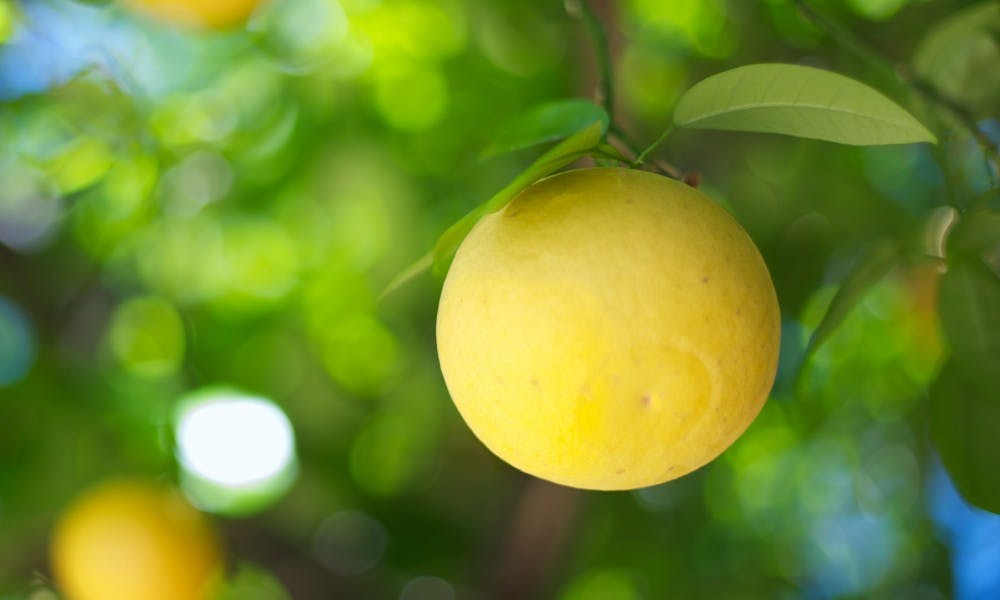A fungus affecting oranges has been found in Arizona’s Maricopa and Yuma counties, and the U.S. Department of Agriculture has issued regulations to prevent it from spreading.
Larry Hawkins, a spokesman for the USDA, said there is no reason for people to be worried about their health if they eat fruit infected with the fungus known as Sweet Orange Scab.
“SOS is a citrus fungal disease that does not affect the quality of the fruit or health of people eating it,” Hawkins said.
According to the USDA’s website, SOS was first discovered in the U.S. in January 2010 in Texas.
Hawkins said the fungus only affects the appearance of the fruit.
“The fungal disease causes scars on the fruit and makes it appear undesirable and difficult to sell,” Hawkins said.
To prevent the spread of SOS fungal spores, the USDA quarantined Arizona last Wednesday.
“The quarantine requires all fruit that is to be exported from Arizona to go through an approved packing plant, where it can be cleaned and treated properly with disinfectant and fungicide,” Hawkins said.
Hawkins said the fungus is not dangerous to people, but it does pose some problems for farmers.
“It is more of an inconvenience because the two approved packing plants in Yuma have to handle more work so that local orchards can continue to do business,” he said.
Deborah Thirkhill, the volunteer coordinator for ASU’s Campus Harvest program, said she has not seen any cases of SOS on ASU’s Tempe campus.
“I looked through nearly 16,000 pounds of fruit and I didn’t see anything that looked like [SOS] on any of the fruit,” Thirkhill said.
Thirkhill did however discover a different fungus called Phytopthora.
“I have seen Phytopthora in the sweet orange trees between the Farmer [Education] Building and Payne Hall, but we keep this under control by using an organic fungicide known as neem oil, as well as scrub bleach on the base of the affected trees to kill the fungus,” Thirkhill said.
Thirkhill said the Phytopthora fungus is soil-born and causes sores at the base of the tree, but will not affect the quality of the fruit or the health of people who eat fruit from infected trees.
“The dining halls use our fruit frequently and no one has said anything about a problem with the fruit,” Thirkhill said.
Katy Porter, owner of Big Happy’s Farms in Mesa, a vendor at ASU’s Tempe campus farmers market, said she has not seen any cases of SOS on her farm and she doesn’t think it would reduce her sales.
“It doesn’t affect our trees,” Porter said.
She said some people in her profession even prefer fruit with scars in some cases.
“Mandarin oranges get what we call ‘sugar scars’ that are caused by a high sugar content in the fruit, and this typically helps our sales because people like sweet fruit,” Porter said.
Reach the reporter at brian.bernadel@asu.edu





